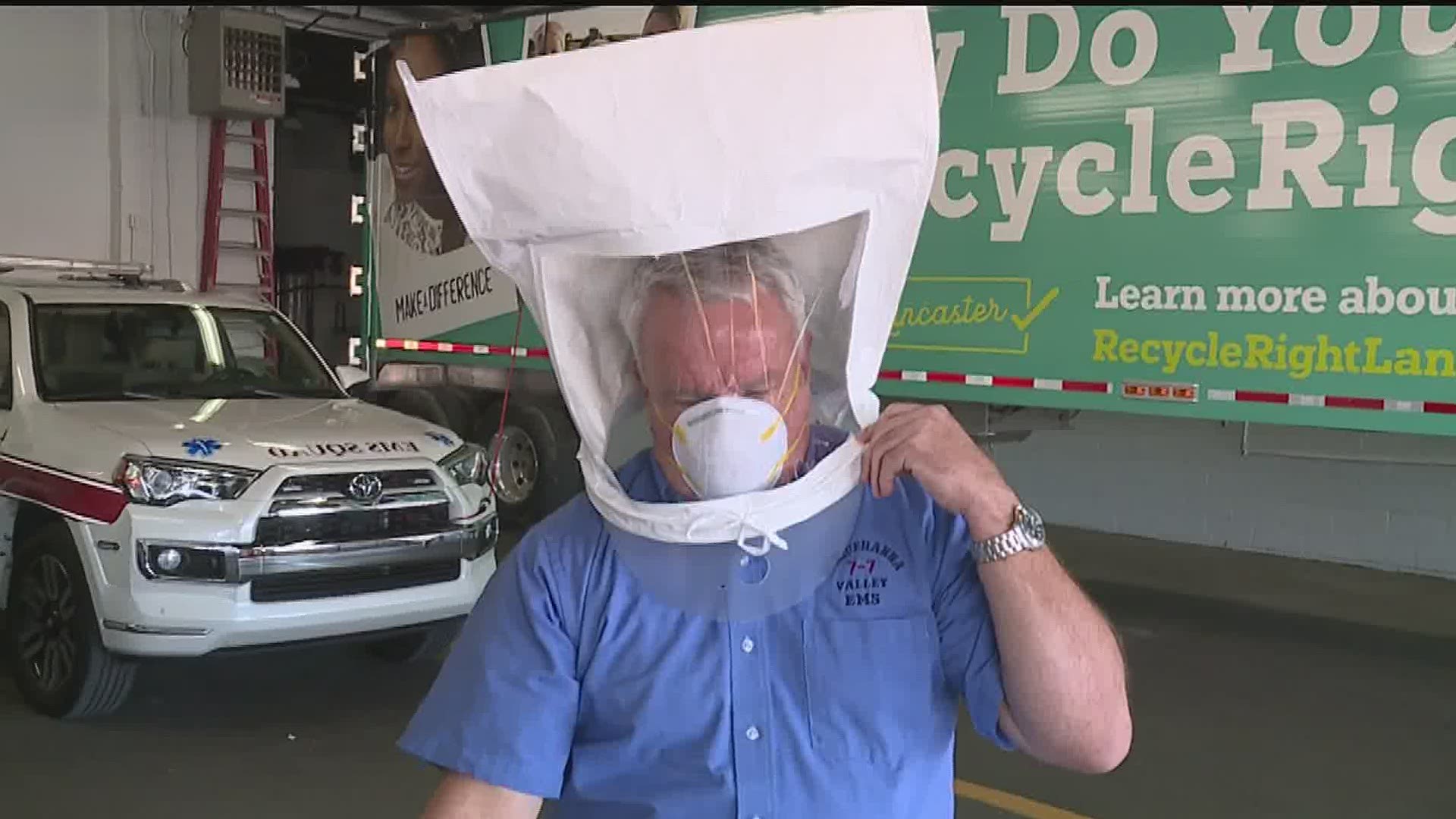Take this seriously.
That’s the message first responders are sending everyone in the midst of the coronavirus pandemic that will put EMS crews and doctors on the front line of responding to patients.
“You drive around over the weekend, it’s like people had no idea. Or, felt like there was nothing going on. And, they have to take it seriously, they have to,” said Michael Fitzgibbons of Susquehanna Valley EMS.
EMS workers for Susquehanna Valley have gloves, protective suits and even specialized masks that can be used if they believe they are responding to a call that possibly involves someone with coronavirus.
But, Fitzgibbons said, the fact that EMS workers don’t always know if a coronavirus patient is involved in a call is a ‘huge concern.’ He also added, he is concerned over the slow rollout of testing nationwide.
RELATED: Coronavirus live updates: White House wants people to stay home, avoid groups larger than 10
RELATED: Fine Wine & Good Spirits stores across Pennsylvania to close Tuesday as part of COVID-19 mitigation
“We’re screening them (patients) through the 911 center first. We could still walk into somebody’s home or a car accident and be exposed to somebody that has it and not even know it, come back, expose the rest of the staff and then we all have to self-quarantine. And then, who’s going to run the serious calls form there?” said Fitzgibbons.
The specialized masks that EMS crews will wear to calls in Susquehanna Valley take a series of steps to properly put on. EMS crews have to undergo what is called a ‘fit test’ which tests to make sure no germs are getting inside the mask. The test takes 5 minutes per person to complete and each ambulance has about 2 EMS workers, making for a total of 10 minutes to put on the masks.
Fitzgibbons said his EMS station has plenty of masks for now, but he admits access to supplies is difficult due to the high demand.
As for the specialized masks, Fitzgibbons said it is rare that EMS crews have used them until now.
“We’ve trained for it multiple times for SARS and those types of things. But, I can’t remember really ever having to use them,” said Fitzgibbons.
As for his EMS workers, he said, “I think they’re anxious just like anybody else.” But, he said, “our people are used to going into all types of situations and we just adapt.”

